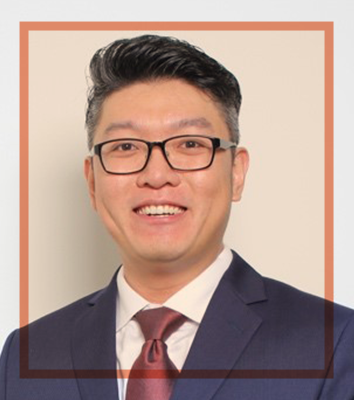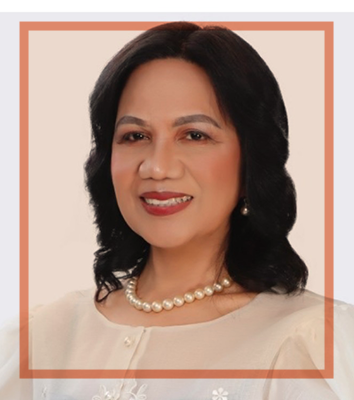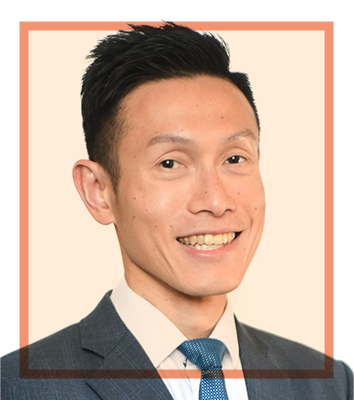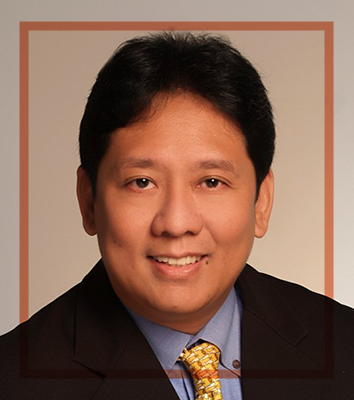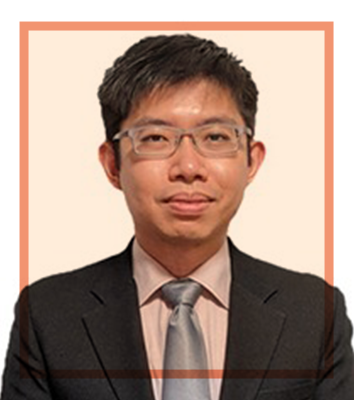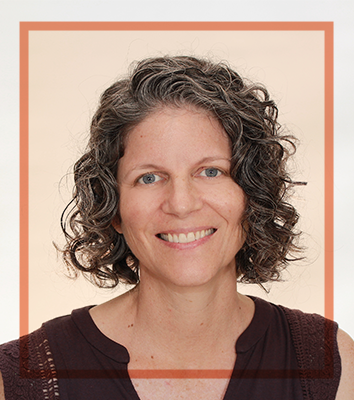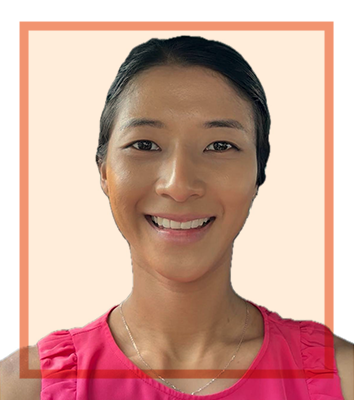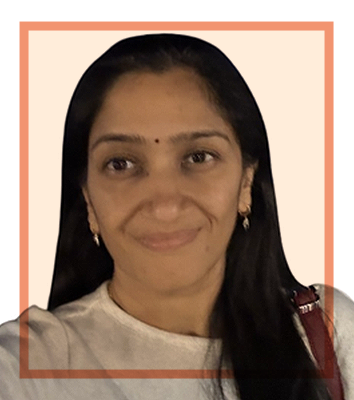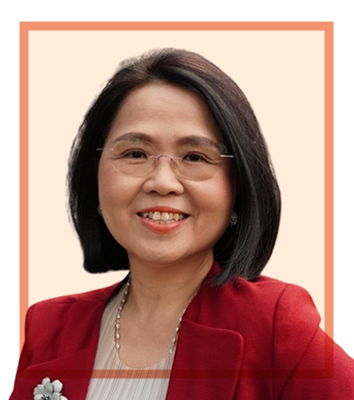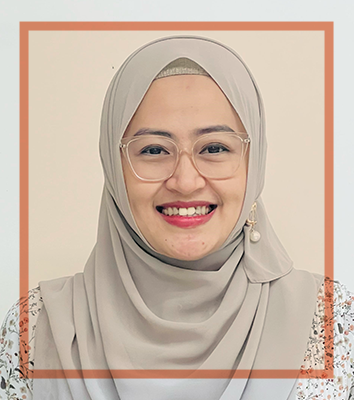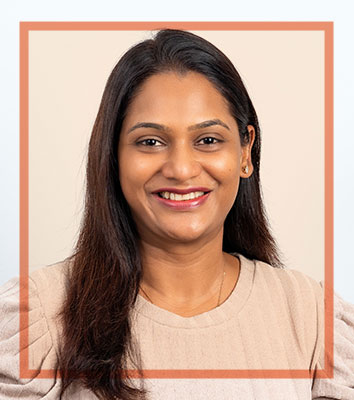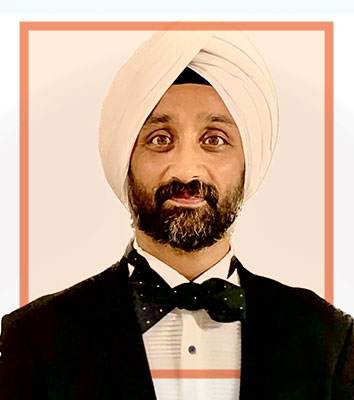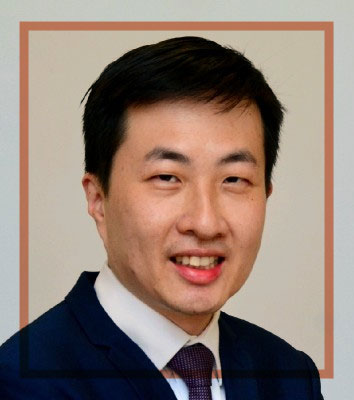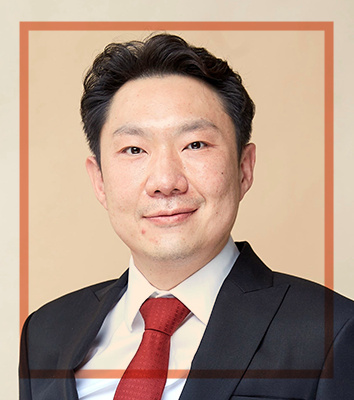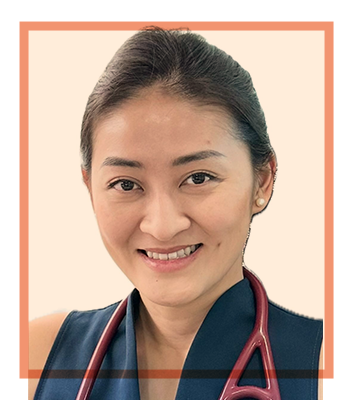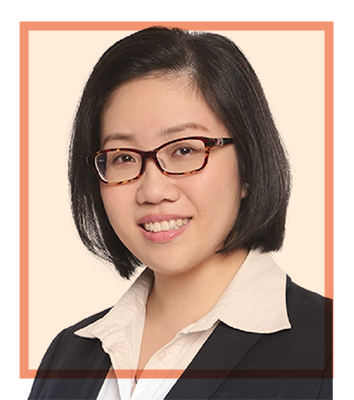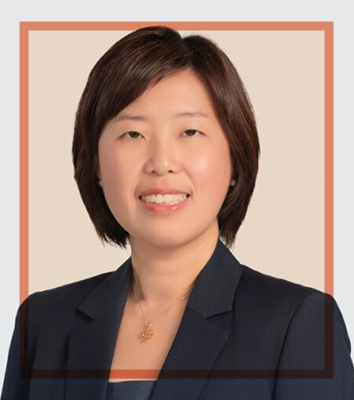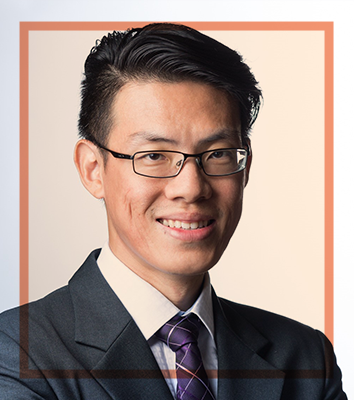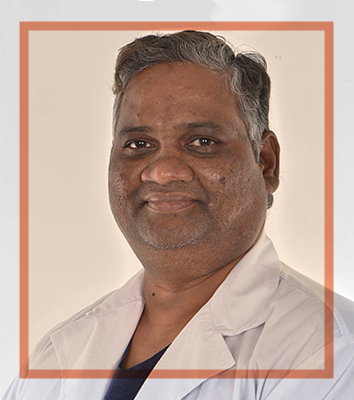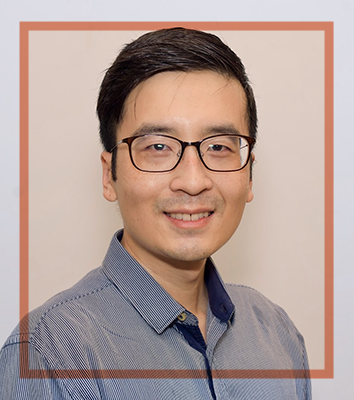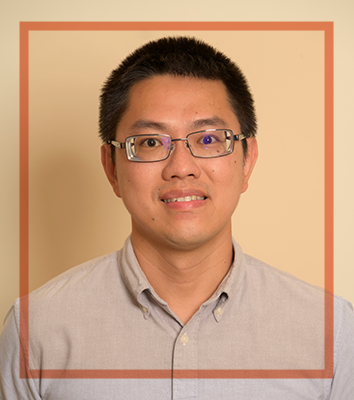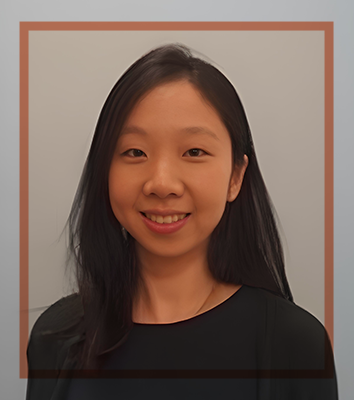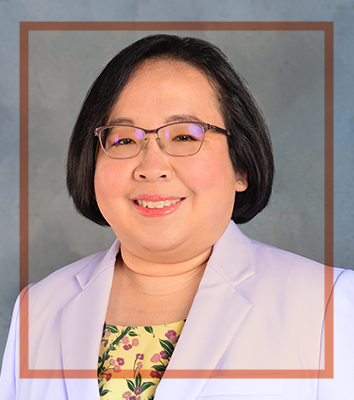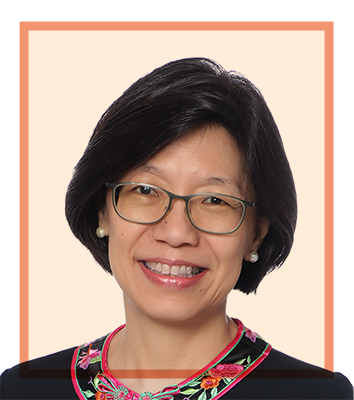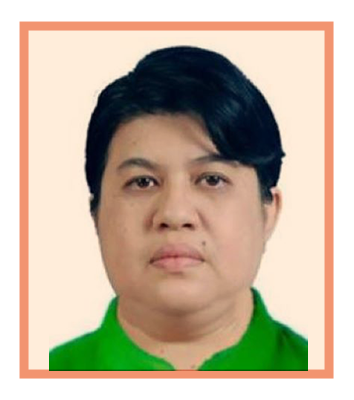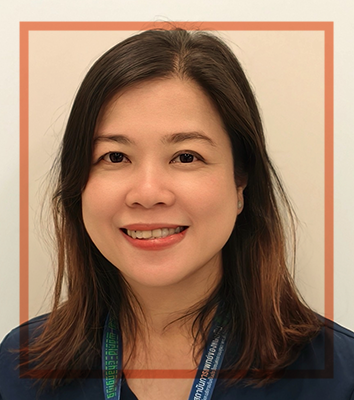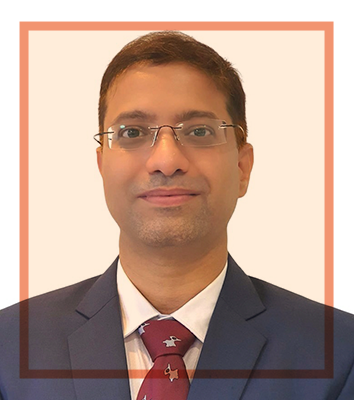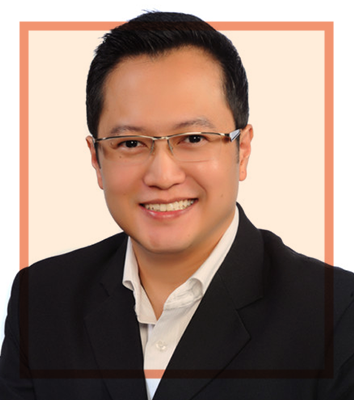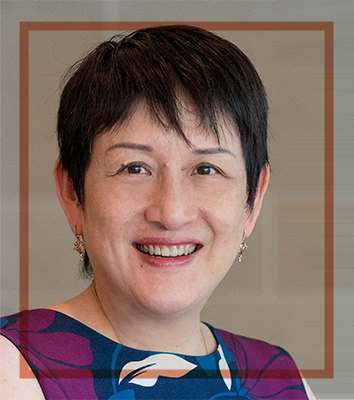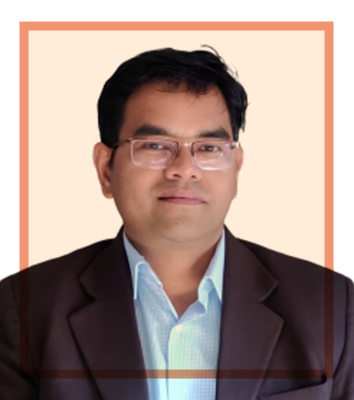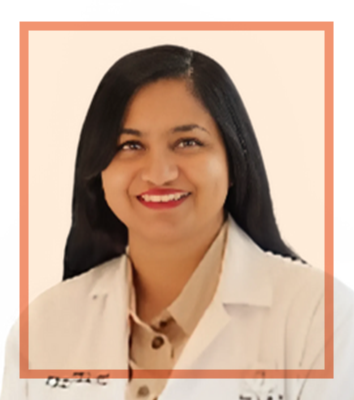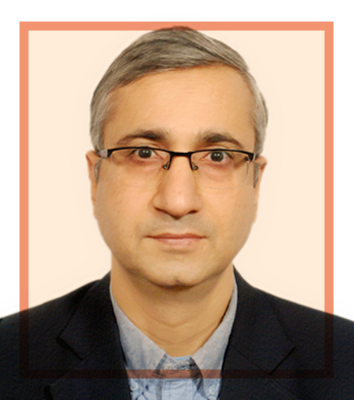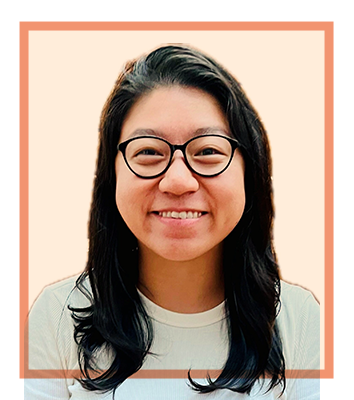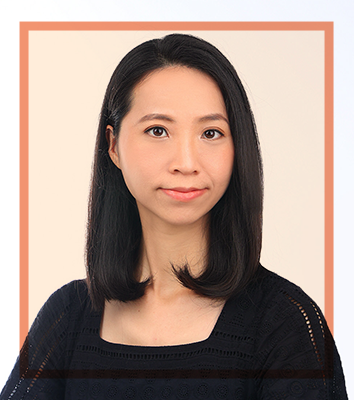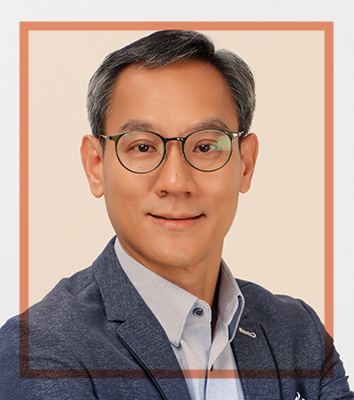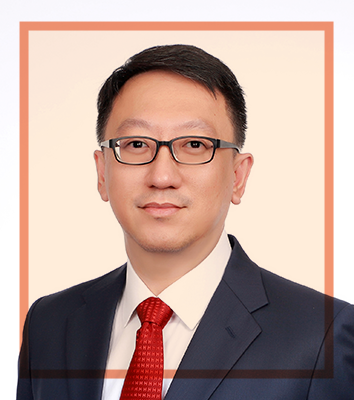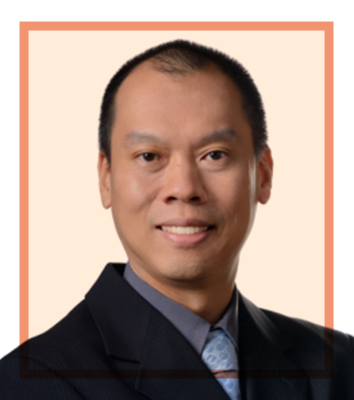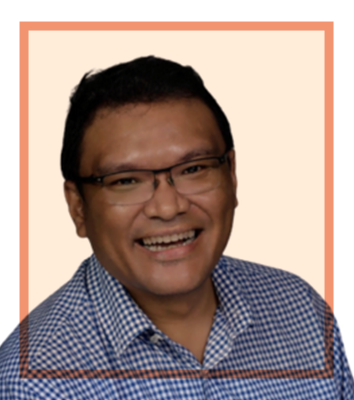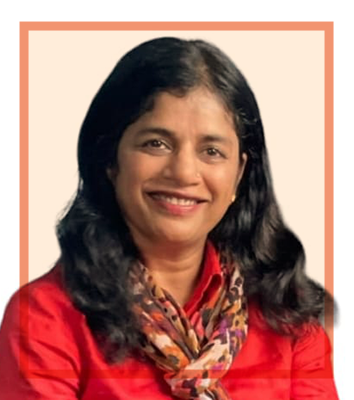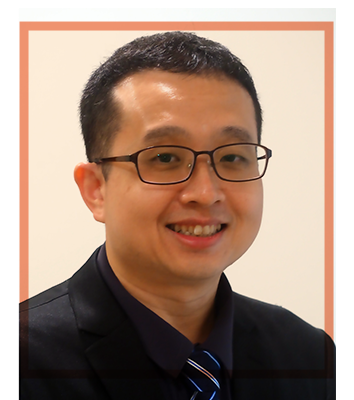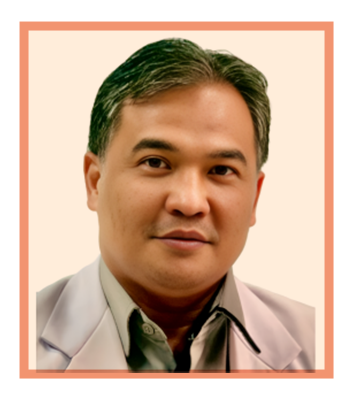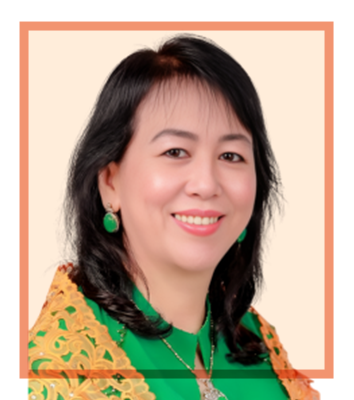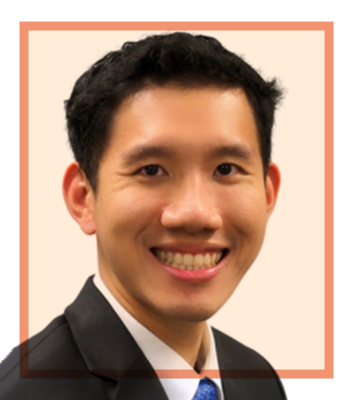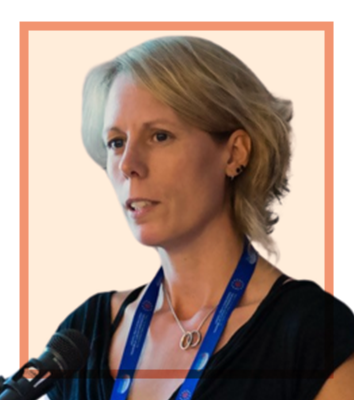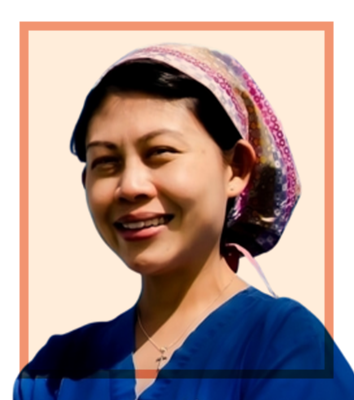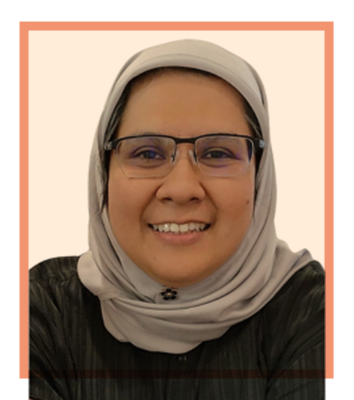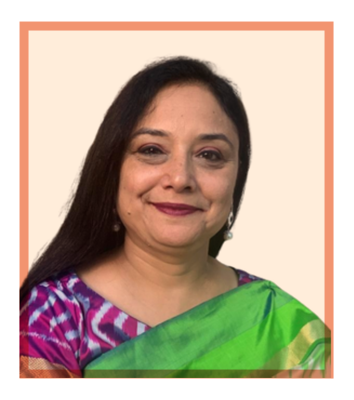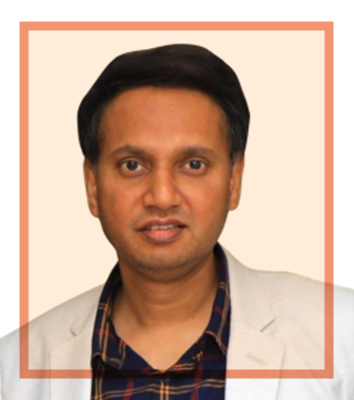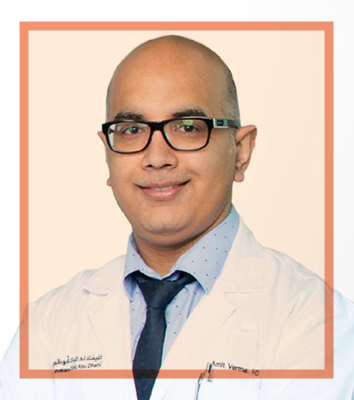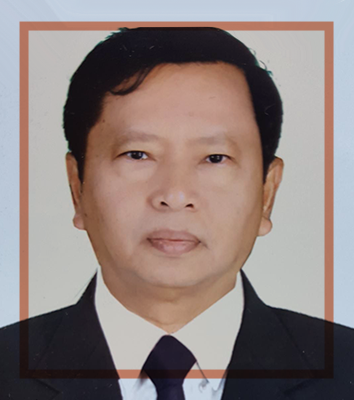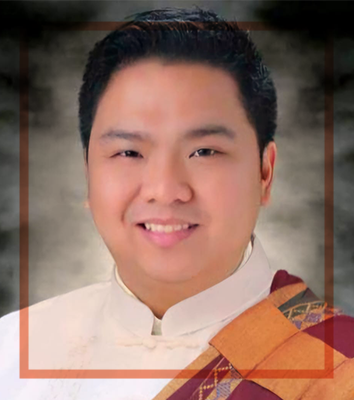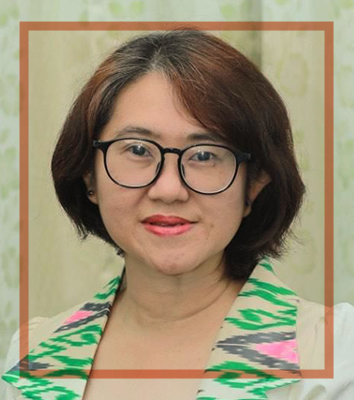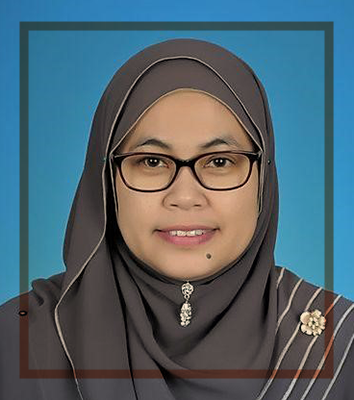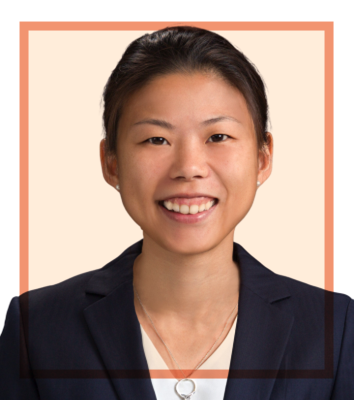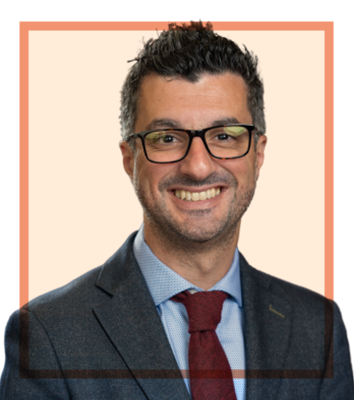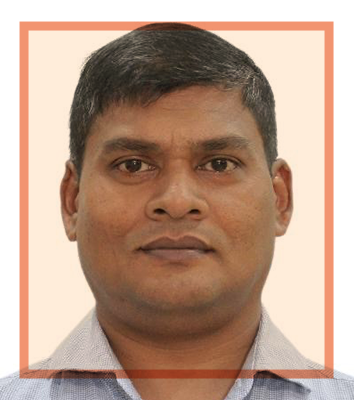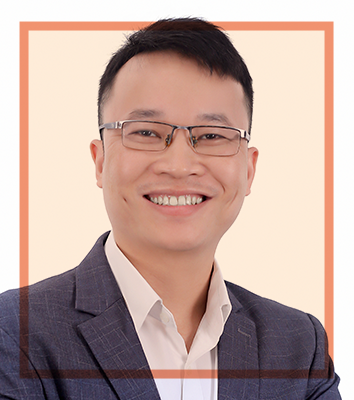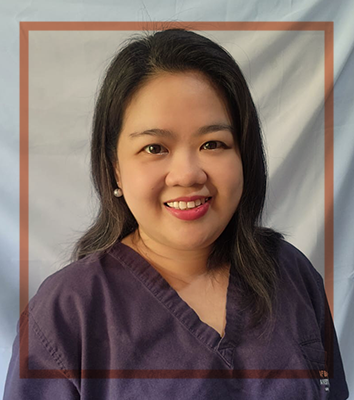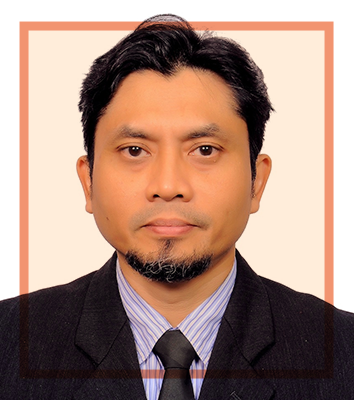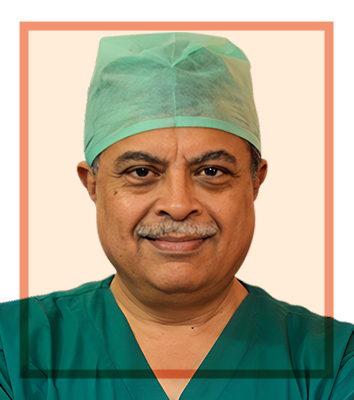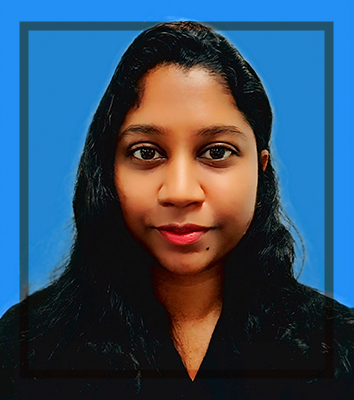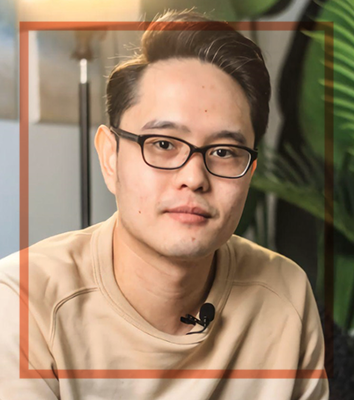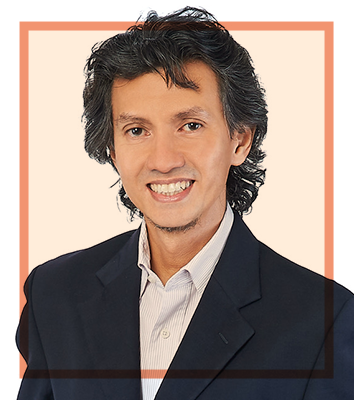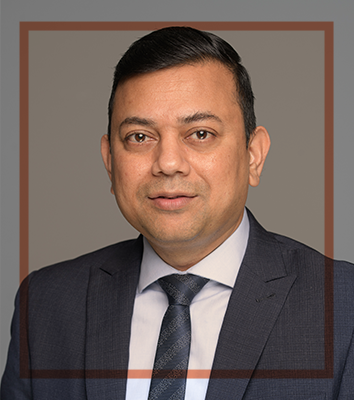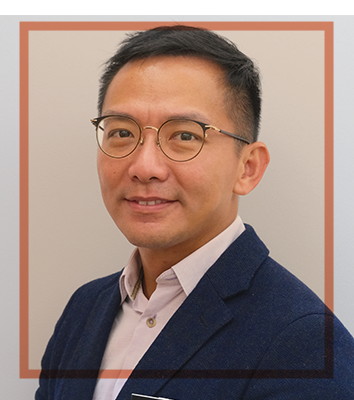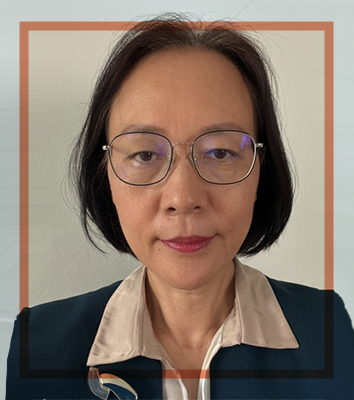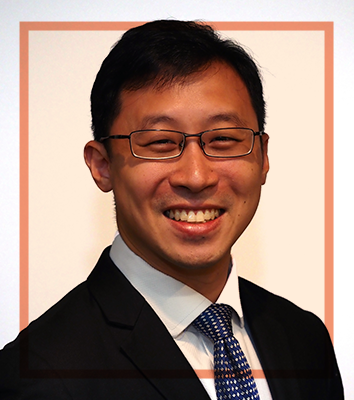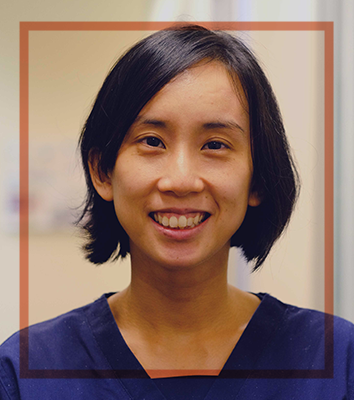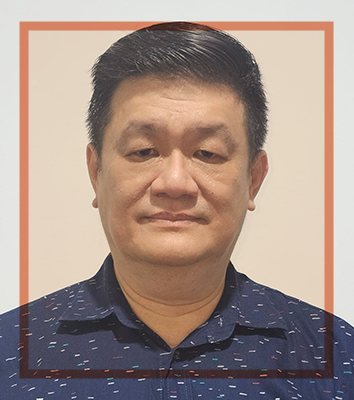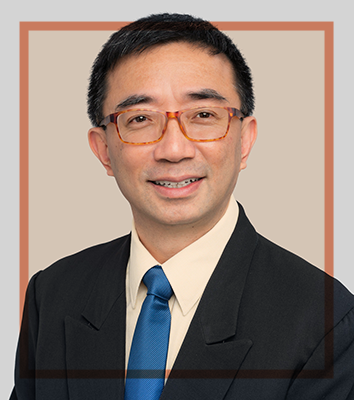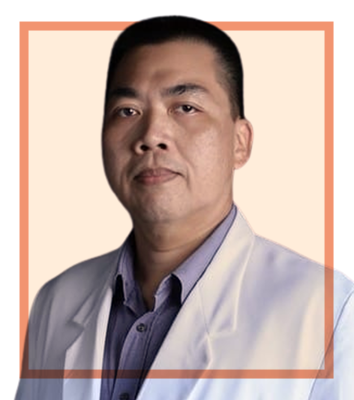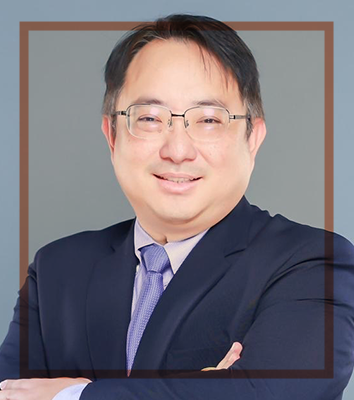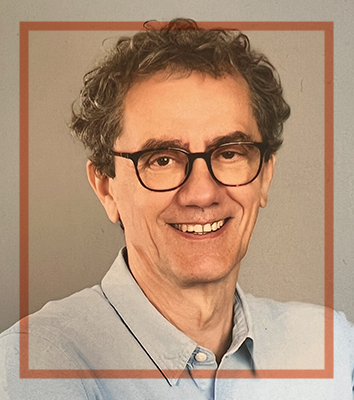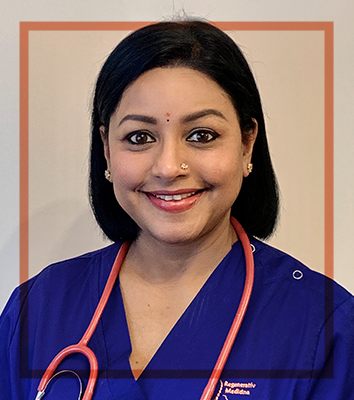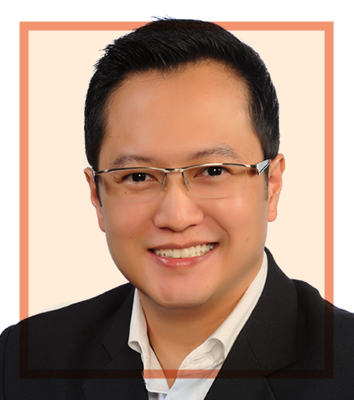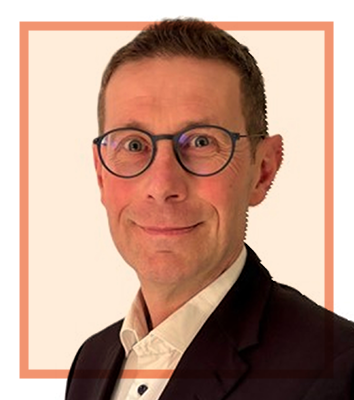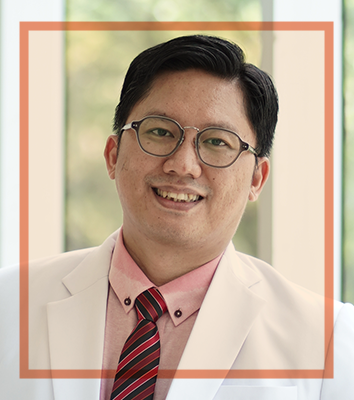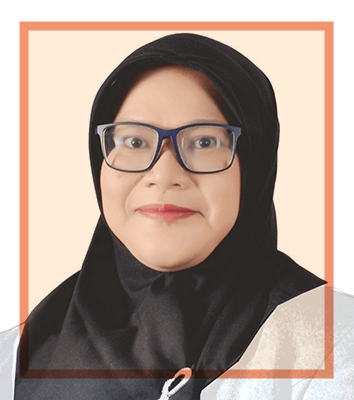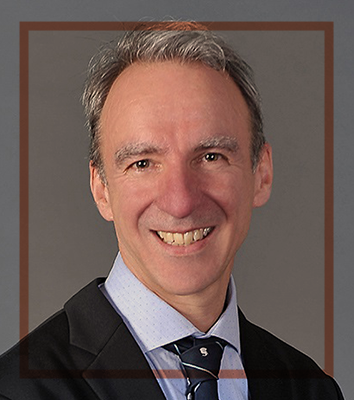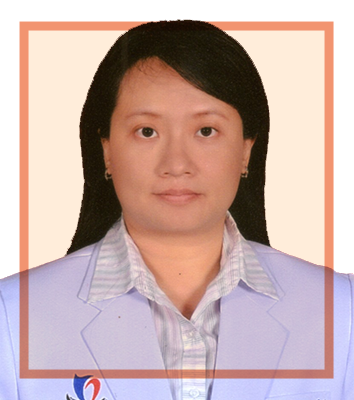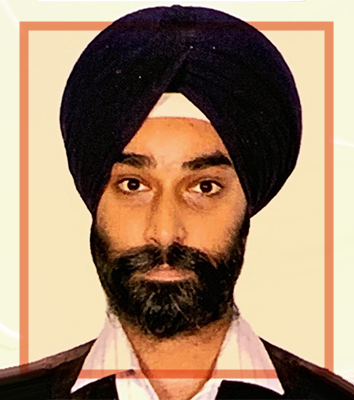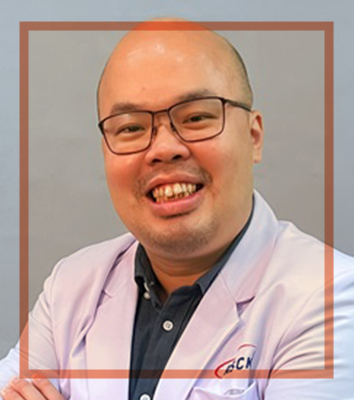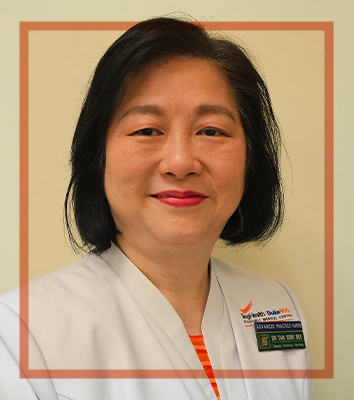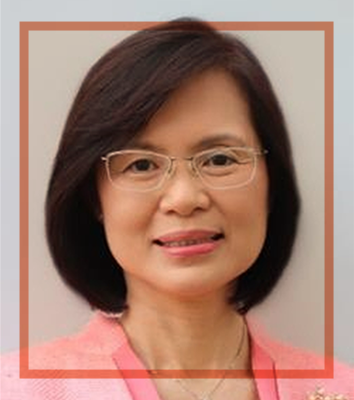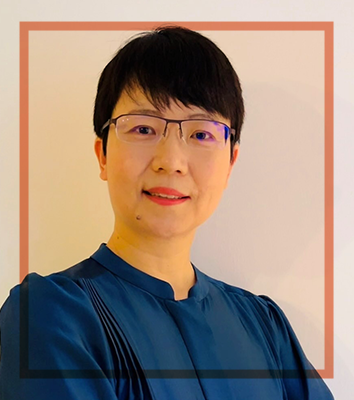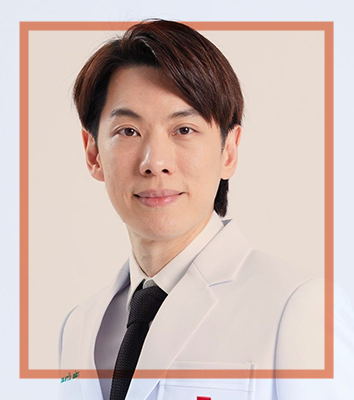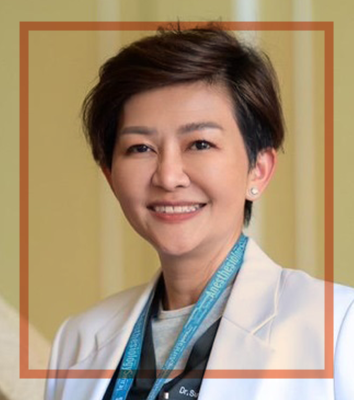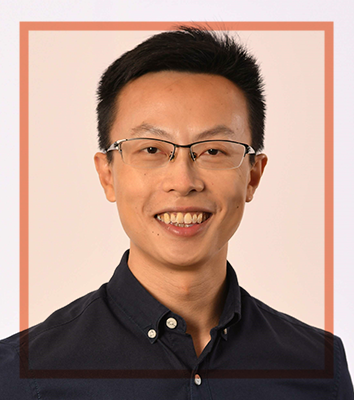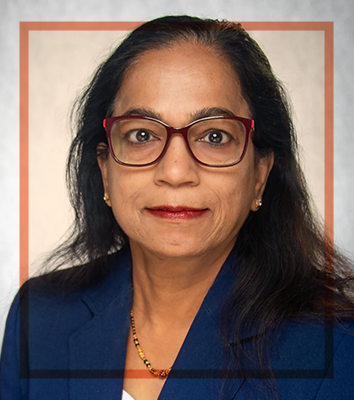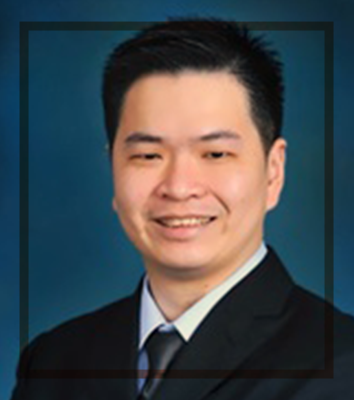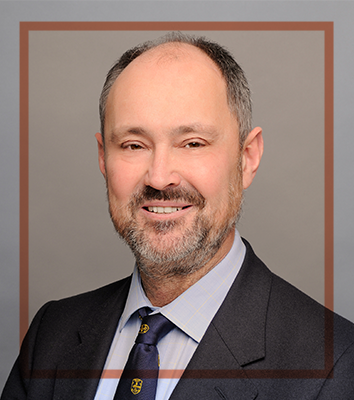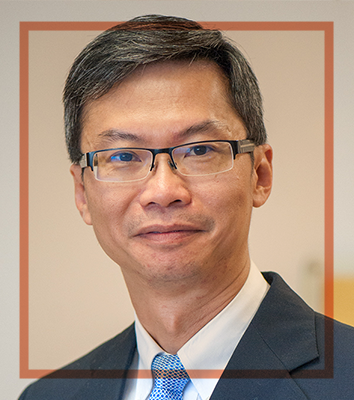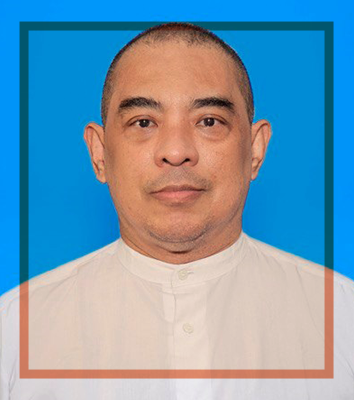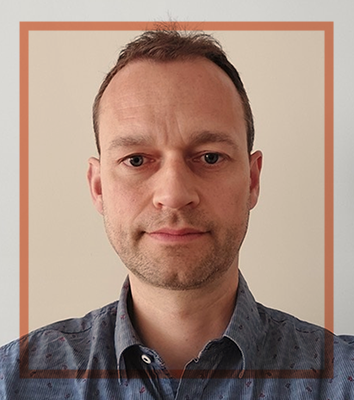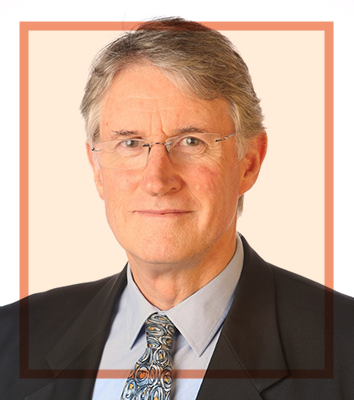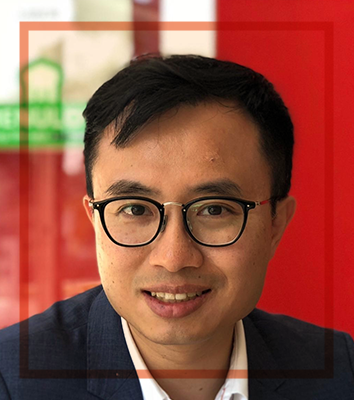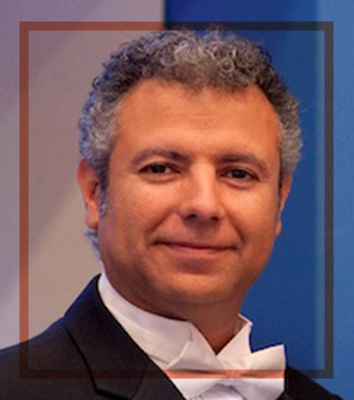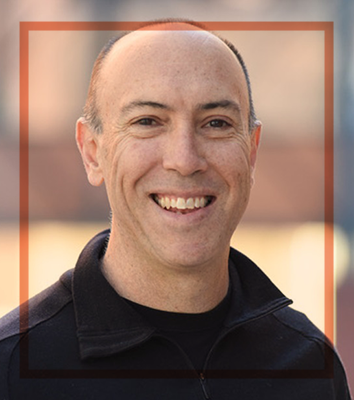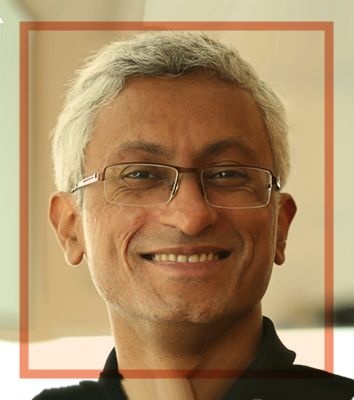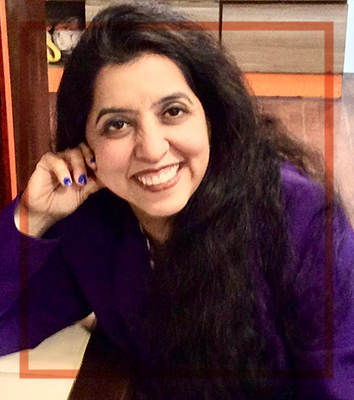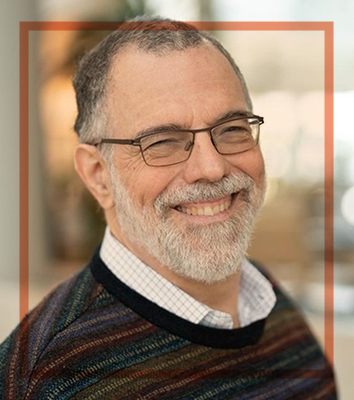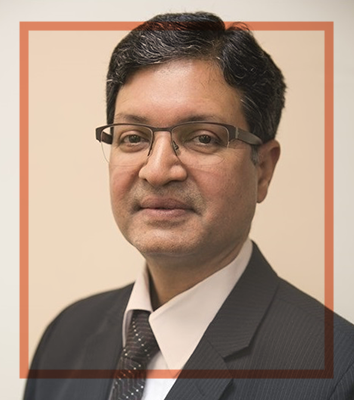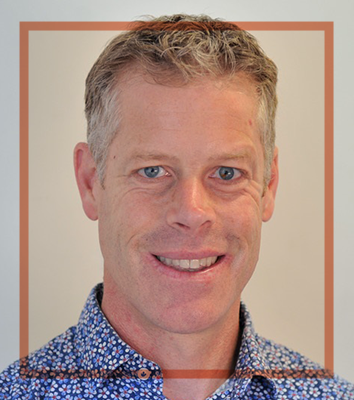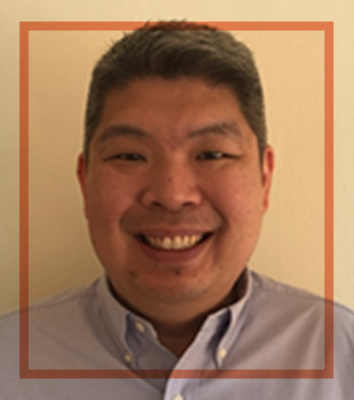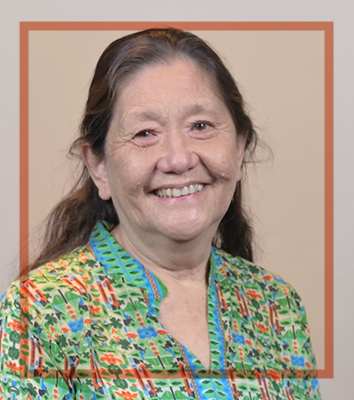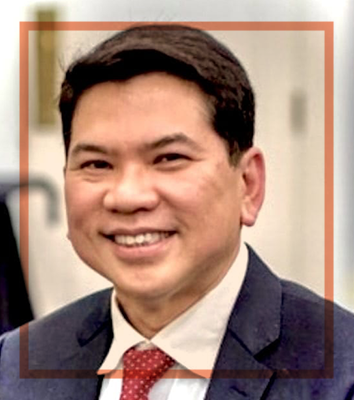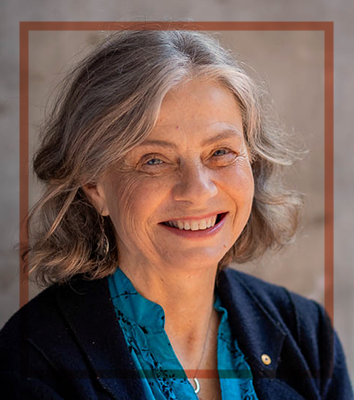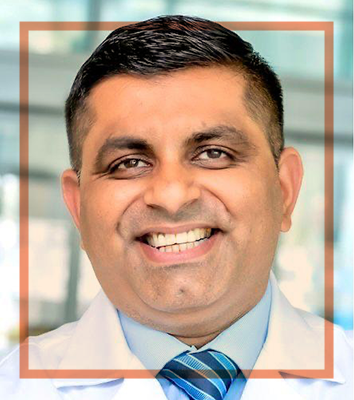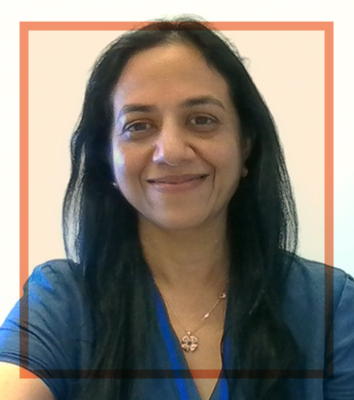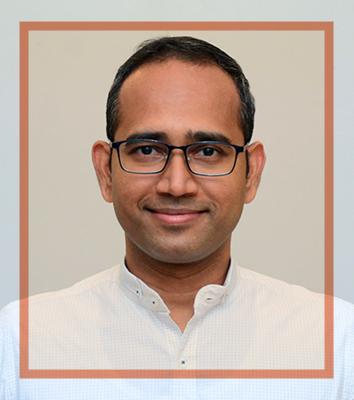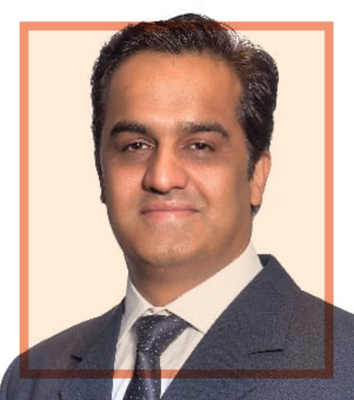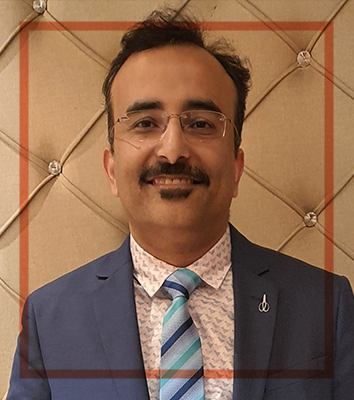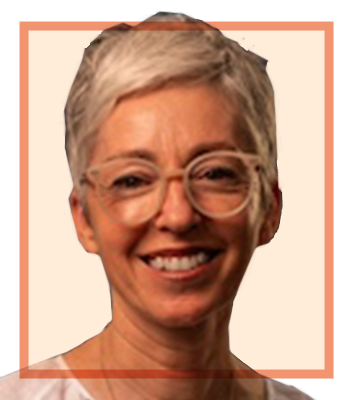Pre-Congress
Online registration for all Pre-Congress Workshops is now closed. Slots are still available. If you are interested in attending, please contact us at registration@aseaps2025.org.
30 April 2025
| Workshop Title | Yoga as Therapy in Chronic Pain Management |
| Venue | Changi Cove |
| Time | 1300 – 1700 |
| Introduction | Chronic pain is a debilitating problem worldwide: in suffering, cost, and complexity of management. Our understanding of pain modulation now encompasses the role of a multi-modal approach. Pain is an active phenomenon created by the nervous system at many levels. Targeted interventions such as medication and surgery may have a significant role to play. But so do whole-person skills that educate patients/clients on strategies they can use for pain management.
We find a plethora of useful skills in ancient mind-body approaches such as yoga. Those skills do need to be modified as relevant to the client and their concern (pain management in this case). This workshop will explore the role of a holistic approach to chronic pain management and its relevance, including several tools such as:
In the time available, participants will be guided through multiple practices incorporating the above modalities. |
| Objectives | Understand the role of a holistic approach in chronic pain management: Participants will gain knowledge on how a holistic approach can complement traditional interventions like medication and surgery in managing chronic pain.
Learn practical skills and techniques for pain management: Participants will be exposed to skills in modalities such as relaxation techniques, breathing exercises, self-touch, and meditation that can be applied to alleviate chronic pain. Explore the integration of ancient mind-body approaches: Participants will examine how ancient practices like yoga can be adapted and integrated into modern pain management strategies to enhance effectiveness and relevance. Promote patient empowerment and self-management: Participants will learn the relevance of empowering patients in managing their pain through techniques that foster self-compassion, stress reduction, and guided visualisation. |
| Target Participants | Physiotherapists, Occupational therapists, Psychologists, Medical Doctors, Nurses etc. |
| Number of Participants | 30 |
| International Faculty | Ganesh Mohan |
| Local Organising Committee (Assisting) | Poonam Pal |
1 May 2025
| Workshop Title | Essential Pain Management – Paediatrics (EPM Paeds) |
| Venue | Singapore EXPO, Meeting Room Level 2, Peridot 202 |
| Time | 0800 – 1230 |
| Introduction | Essential Pain Management (EPM) is a short, easily deliverable, cost-effective, multi-disciplinary programme co-created by Professor Roger Goucke and Professor Wayne Morriss (ANZCA) designed to improve pain management worldwide. Run over 55 countries, it brings together local health workers to enhance pain knowledge, implement a simple framework for managing pain and address pain management barriers.
Multiple iterations of the EPM world-over focus on pain in adults, while paediatric pain remains a quiet scourge. Answering Professor Christopher Eccleston’s 2020 call in Lancet* to deliver transformative action in paediatric pain, this workshop was created to make children’s pain matter, understood, visible and better. Together with Professor Roger Goucke, co-creator of the original EPM workshop, the newly minted ASEAPS Paediatric Pain Network has developed a syllabus with content specific to the children we serve. If you are a healthcare worker who works with children frequently or is looking to establish an educational programme or hospital service for children with pain, this is the workshop for you. Pre-requisite: Participants must complete the online EPM readings (link provided upon registration) and submit a certificate of completion to attend this workshop. This workshop fulfils the pre-requisite for the instructor workshop. * Eccleston C, Fisher E, Howard RF, et al. Delivering transformative action in paediatric pain: a Lancet Child & Adolescent Health Commission. Lancet Child Adolesc Health. 2021;5(1):47-87. doi:10.1016/S2352-4642(20)30277-7 |
| Objectives
|
|
| Number of Participants | Minimum 20, Maximum 30 |
| Lead Faculty (Local) | Prit Anand Singh
Poonam Pal |
| Faculty | Farah Khalid (Malaysia)
Aimee Barrion (Philippines) Herdiani Sulistyo Putri (Indonesia) Quyen Van Than (Vietnam) |
| Workshop Title | Essential Pain Management – Instructor |
| Venue | Singapore EXPO, Meeting Room Level 2, Peridot 202 |
| Time | 1230 – 1700 |
| Introduction | Essential Pain Management (EPM) is a short, easily deliverable, cost-effective, multi-disciplinary programme co-created by Professor Roger Goucke and Professor Wayne Morriss (ANZCA) designed to improve pain management worldwide. Run over 55 countries, it brings together local health workers to enhance pain knowledge, implement a simple framework for managing pain and address pain management barriers.
Essential Pain Management uses a ‘snowball’ model for training where interested candidates, through the instructor workshop, are provided with skills to run more workshops. The programme traditionally has two parts – the EPM one-day workshop, and an EPM instructor workshop. In the recent peri-pandemic years, the availability of instructor workshops was reduced for logistic reasons. In response to the region’s demand for more instructors, this workshop was conceived. This instructor workshop in ASEAPS 2024 is helmed by four great champions of EPM in the Australasian region, who have been actively propagating the programme and seeing its growth in the last decade. If you’re interested in delivering basic pain education to your nurses, allied health colleagues, trainees, medical students, doctors or anyone who works with patients in pain, then this course is for you. Pre-requisite: Participants must have attended an EPM course and be able to submit a certificate of attendance to attend this workshop. |
| Objectives |
|
| Number of Participants | Minimum 20, Maximum 30 |
| Lead Faculty (Local) | Prit Anand Singh
Poonam Pal |
| Faculty | Mary Cardosa (Malaysia)
Jocelyn Que (Philippines) Jimmy Barus (Indonesia) Jessica Lim (Australia) |
| Workshop Title | Perioperative POCUS (p-POCUS) |
| Venue | Singapore EXPO, Meeting Room Level 2, Peridot 203 |
| Time | 0800 – 1730 |
| Introduction | Point of care ultrasound (POCUS) has become an invaluable tool for anaesthetists. POCUS is the bedside utilisation of ultrasound, in real-time, to aid in the diagnosis and treatment of patients. POCUS utilisation by anaesthesiologists involves the assessment of multiple organs in different perioperative situations. POCUS can be utilised to enhance clinical decision-making in a variety of perioperative situations due to its ability to assess endotracheal tube placement, cardiac function, pulmonary function, aspiration risk, hemodynamics and vascular access. There is mounting clinical evidence for the value of POCUS in perioperative settings. This workshop will aim to cover all the basic applications of POCUS that are useful in the perioperative setting. |
| Objectives
|
Participants will be taught the knowledge and practical skills for the following Perioperative POCUS Applications:
|
| Target Participants |
|
| Number of Participants | 40 |
| Lead Faculty (Local) | Suresh Paranjothy /Dr Prit Anand Singh |
| Faculty | TBC |
| Workshop Title | Refresher Day | ||
| Venue | Singapore EXPO, Meeting Room Level 2, Peridot 204 – 205 | ||
| Date | 1 May 2025 | ||
| Time | 0830 – 1700 | ||
| Introduction |
Crafted for those new to the world of chronic pain, and for those who see a broad swathe of patients including the young, old and pregnant, the topics for this Refresher Day were intended to address your questions (and then some!) about how to provide the best care for your patients. Topics are eclectic and span from the less common (eg. headache generators), to the more recent (e.g. a primer in musculoskeletal ultrasound), pain pharmacology in pregnant people and when to refer to a pain interventionalist. A panel discussion on Pain during and after cancer, and an introduction to the new interdisciplinary pain education coming out of Australia are also highlights of the day. If you want a quick refresher on all things pain-related, then this course will get you up to speed and equip you with some of the latest evidence to make the best decisions for your practice. All are welcome to come, learn and network with our friendly international faculty of experts! |
||
| Agenda | Time | Topic | Speaker |
| 0820 – 0830 | Opening | Angela Yeo | |
| 0830 – 0850 | Nociceptive, Neuropathic & Nociplastic Pain: Implications for Management | Ho Kok Yuen | |
| 0850 – 0910 | What a Headache! – Pain Generators in Headaches | Zhao Yi Jing | |
| 0910 – 0930 | Musculoskeletal and Myofascial Pain – Key Elements in Examination and Management | John Tan | |
| 0930 – 0950 | Musculoskeletal Ultrasound – A Primer | Matthew Tay | |
| 0950 – 1010 | Q&A | ||
| 1010 – 1030 | Tea Break | ||
| 1030 – 1050 | Using the Fear-Avoidance Model to Guide Management | Michael Nicholas | |
| 1050 – 1110 | Teaching Patients How to Pace Themselves | Ketrisha Loh | |
| 1110 – 1130 | OPEN Interdisciplinary Pain Education | Michael Nicholas | |
| 1130 – 1150 | A Trauma-informed Approach to Pain | Lester E Jones | |
| 1150 – 1210 | Gabapentinoids and Other Anti-Neuropathics in Acute and Chronic Pain – The Latest Recommendations and Evidence | Annie Wong | |
| 1210 – 1230 | To Poke or Not- When to Refer A Patient for Pain Intervention? | Ong Say Yang | |
| 1230 – 1245 | Q&A | ||
| 1245 – 1330 | Lunch | ||
| 1330 – 1350 | Pain in the Golden Years | Fiona Blyth | |
| 1350 – 1410 | Motion is Lotion in the Elderly | Chua Pei Shan | |
| 1410 – 1430 | How to Approach Female Sexual Pain | June Eng Feng Cai | |
| 1430 – 1450 | Pain Pharmacology in Pregancy | Thanarat Suansanae | |
| 1450 – 1510 | Paediatric Pain | Farah Khalid | |
| 1510 – 1525 | Q&A | ||
| 1525 – 1540 | Tea Break | ||
| 1540 – 1600 | Do Integrative Medicine Therapies for Symptom Management Really Work? | Eugenie Spiguel | |
| 1600 – 1640 | Panel Discussion : Pain During and After Cancer (Vignette) | Panel Oncology: Khin Thin Mu Panel Palliative: Noreen Chan Panel Psychology: Shawn Lee Panel Pain: Aimee Barrion Panel Physio: Lester E Jones |
|
| 1640 – 1700 | Q&A | ||
| 1700 – 1730 | Pain Camp Evaluation and Presentation of Pain Camp Certificates | Angela Yeo | |
| Number of participant | Maximum 100 | ||
| Lead Faculty (Local) | Angela Yeo (Anaesthesiologist, Singapore) | ||
| Faculty | Michael Nicholas (Psychology, Australia) Fiona Blyth (Health Epidemiologist, Australia) Lester Jones (Physiotherapist & Educator, Singapore) Khin Thin Mu (Oncologist, Myanmar) Farah Khalid (Paediatrician, Malaysia) Ho Kok Yuen (Pain Specialist, Singapore) Zhao Yi Jing (Neurologist, Singapore) Ong Say Yang (Pain Specialist, Singapore) June Eng Feng Cai (Physiotherapist, Singapore) Chua Pei Shan (Physiotherapist, Singapore) Aimee Barrion (Anaesthesiologist, Philippines) Shawn Lee (Clinical Psychologist ,Malaysia) Matthew Tay (Rehabilitation Physician, SIngapore) Ketrisha Loh (Physiotherapist, Singapore) Annie Wong (Anaesthesiologist, Singapore) Thanarat Suansanae (Clinical Pharmacist, Thailand) Noreen Chan (Palliative Med Physician, Singapore) Eugenie S (Nurse, Singapore) |
||
Thinking Beyond Muscles & Joints 2.0: A Lifestyle Approach for Managing Chronic Musculoskeletal Pain
| Workshop Title | Thinking Beyond Muscles & Joints 2.0: A Lifestyle Approach for Managing Chronic Musculoskeletal Pain |
| Venue | Singapore EXPO, Meeting Room Level 2, Peridot 206 |
| Time | 0800 – 1700 |
| Introduction | Chronic musculoskeletal pain, including but not limited to low back pain, headache, neck pain, osteoarthritis, shoulder pain, fibromyalgia, and temporomandibular disorders, has a tremendous personal and socioeconomic impact. Lifestyle factors such as physical (in)activity, sedentary behaviour, stress, poor sleep, unhealthy diet, and smoking are associated with chronic musculoskeletal pain severity and sustainment1-5. This applies to all age categories, i.e. chronic musculoskeletal pain across the lifespan. Yet current treatment options often do not, or only partly address the many lifestyle factors associated with chronic musculoskeletal pain, or attempt to address them in a standard format rather than providing an individually tailored multimodal lifestyle intervention1,6,7.Therefore, this course addresses this lacuna by teaching clinicians to address various lifestyle factors concomitantly into an individually tailored multimodal lifestyle intervention for people having chronic musculoskeletal pain. Such a lifestyle approach is lots of fun for clinicians, especially when to succeed in engaging their patients in the treatment program8. This course is dedicated to teaching clinicians to enjoy their work with musculoskeletal pain patients more. Ultimately, this should lead to a higher clinical impact with higher effect sizes and subsequently decrease the psychological and socio-economic burden of chronic musculoskeletal pain in the Western world.
References:
|
| Objectives | At the completion of this course, learners will be able to:
|
| Target Participants | Physiotherapists, Occupational Therapists, Psychologists, Medical Doctors, Nurses etc. |
| Number of Participants | 30 |
| International Faculty | Jo Nijs |
| Local organising committee (Assisting) | Poonam Pal |
| Workshop Title | Cadaver Fluoroscopic & Ultrasound Guided Pain Intervention Workshop |
| Venue | Clinical Skills Lab, Changi General Hospital |
| Time | 0830 – 1700 |
| Introduction | This hands-on training programme is designed for healthcare professionals seeking to enhance their skills in pain management techniques using advanced imaging modalities. Participants will gain practical experience in performing fluoroscopic and ultrasound guided interventions on cadaveric specimens, ensuring a comprehensive understanding of anatomical landmarks and procedural accuracy. Join us to elevate your proficiency in delivering precise and effective pain relief for your patients. |
| Objectives | Hands- on practice: Apply theoretical knowledge in a practical setting to understand anatomical landmarks and improve procedural accuracy in the following stations:
Fluoroscopy: Ultrasound: |
| Target Participants | Anesthesiologists, Emergency physicians, Orthopaedic surgeons, Palliative care physicians, Rehabilitation medicine physicians, Spine surgeons, Sports physicians, and other healthcare professionals involved in the care of patients with pain. |
| Number of Participants | 25 |
| Lead Faculty (Local) | Ashutosh Joshi |
| Workshop Title | Ultrasound Guided Regional Anaesthesia Workshop |
| Venue | Clinical Skills Lab, Changi General Hospital, Singapore |
| Time | 0800 – 1730 |
| Introduction | This full day intensive workshop has been developed for both novices and advanced providers who would like to either learn the ‘Plan A blocks’ or further advance their skills in continuous/ single shot ultrasound guided regional anaesthesia techniques including the novel fascial plane blocks.
Participants will have up to 7 hours of hands-on ultrasound scanning on live models of different body habitus to learn and identify / interpret different sono‐anatomy images. A pre‐course reading material will be provided to minimize didactic portion of the workshop. At the end of the workshop, you will be expected to have gained thorough knowledge and immense confidence in the use of ultrasound for regional anaesthesia. |
| Objectives |
|
| Target Participants | Anesthesiologists, Emergency physicians |
| Number of Participants | 25 |
| Lead Faculty (Local) | Ashokka Balakrishnan |
| Faculty | Local and International Faculty |
| Cost | Early Bird: SGD 300 Regular: SGD 400 |
The programme is subject to change. Accurate at time of publishing.
Countdown to ASEAPS 2025
CONTACT
Kenes MP Asia Pte Ltd
Pico Creative Centre, 20 Kallang Avenue, 2nd Floor, Singapore 339411
